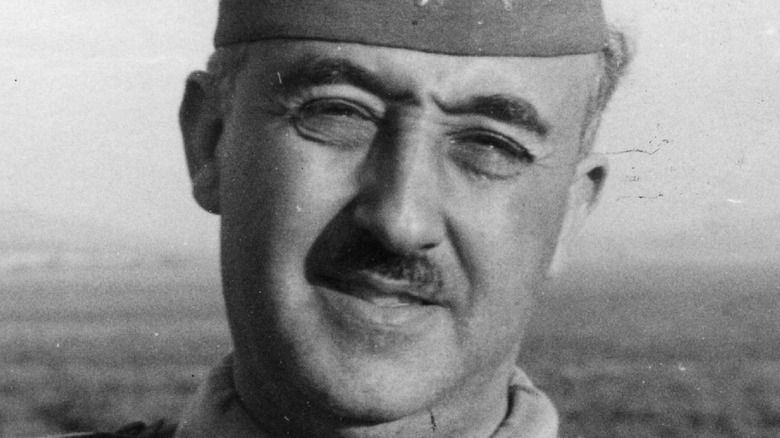
How Forgetting Might Actually Make You Smarter
Have you always dreamed of having perfect memory? Do you feel frustrated with yourself when you become forgetful? Well, good news. Perfect memory is overrated. And there’s proof to back that up from a recent study published in the influential neuroscience journal Neuron, which concludes that forgetting things is not just normal, it can actually make you smarter. Here’s how:
In the new study, researchers Paul Frankland and Blake Richards of the University of Toronto suggest that the goal of memory is not to remember every detail over time. Rather, they say, it’s to optimize intelligent decision-making by holding onto what’s important and letting go of what’s not. In other words, bouts of forgetfulness are caused by a safety mechanism in the brain designed to make sure we’re not overloaded with information.

“It’s important that the brain forgets irrelevant details and instead focuses on the stuff that’s going to help make decisions in the real world,” says Richards, an associate fellow in the Learning in Machines and Brains program.
So why does the brain make us forget? Richards and Frankland think there are two reasons.
One, forgetting helps us adjust to new situations by letting go of memories we don’t need. So for example, if your favorite Italian restaurant has moved to the other side of town, forgetting its old location helps you remember the new one.
Second, forgetting allows us to generalize past events to help us make decisions about new ones, a concept known in artificial intelligence as regularisation. If you just remember the main gist of your previous visits to the restaurant rather than every little detail, then it’s less work for your brain to work out how to behave the next time you go in.

The researchers arrived at this conclusion after many years of studying the data related to memory, brain activity and memory loss in both humans and animals. One of Frankland’s own studies in mice, for example, found that as new brain cells are formed in the hippocampus — an area of the brain associated with learning new concepts — those new connections overwrite old memories and make them harder to access.
This constant swapping of old memories for new ones brings real benefits according to the researchers. For example, it allows us to adapt to new situations by letting go of outdated and potentially misleading information. “If you’re trying to navigate the world and your brain is constantly bringing up conflicting memories, that makes it harder for you to make an informed decision,” says Richards.

Our brains also help us forget the details about past events while still remembering the big picture, which the researchers say enables us to generalize previous experiences and better apply them to current situations.
While we all want to be the person to be the best at trivia games the fact is that our minds were created not to win these games but to make intelligent decisions. Richards says, “And when you look at what’s needed to make intelligent decisions, we would argue that it’s healthy to forget some things.”
So how do we deal with the frustration of forgetting things we just read, the names of people we just met, and where we put our car keys? For one, we should stop being so hard on ourselves, suggests Richards. “You don’t want to forget everything, and if you’re forgetting a lot more than normal that might be cause for concern,” he says. “But if you’re someone who forgets the occasional detail, that’s probably a sign that your memory system is perfectly healthy and doing exactly what it should be doing.”

In today’s smartphone society our brains no longer need to store information like phone numbers and facts easily found on search engines. Richards says, “Instead of storing this irrelevant information that our phones can store for us, our brains are freed up to store the memories that actually do matter for us.”
He also recommends “cleaning out” your memory system on a regular basis by exercising regularly. “We know that exercise increases the number of neurons in the hippocampus,” he says. “Yes, that may cause some memories to be lost, but they’re exactly those details from your life that don’t actually matter, and that may be keeping you from making good decisions.”

These findings show us that total recall is totally overrated. It’s good news to learn that our brains are working smarter when they aim to remember the right stories, not every story.

Lifestyle Habits of Minimalists

The Benefits of a Farming Lifestyle

Healthy Lifestyle Choices to Make as an Adult

Common Habits of the Rich and Successful

Surprising Causes of Type 2 Diabetes

How a Positive Outlook Improves Mental Health

How To Support Someone With Bipolar Disorder

4 Helpful Tips to Avoid Biting Your Nails

The Best Foods to Eat Before a Workout

These People Are Famous Thanks to Their Extraordinary Looks






















